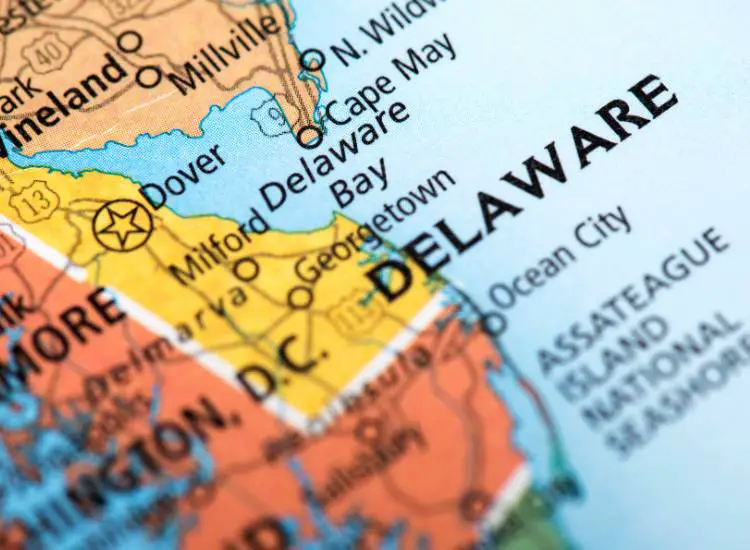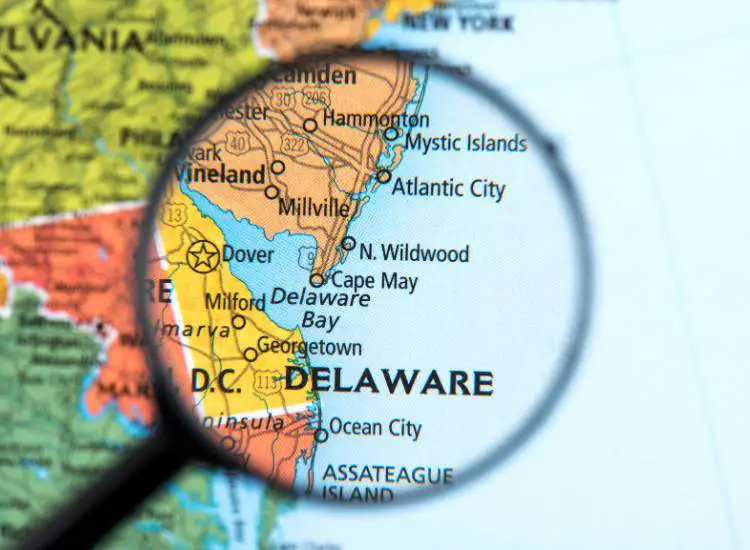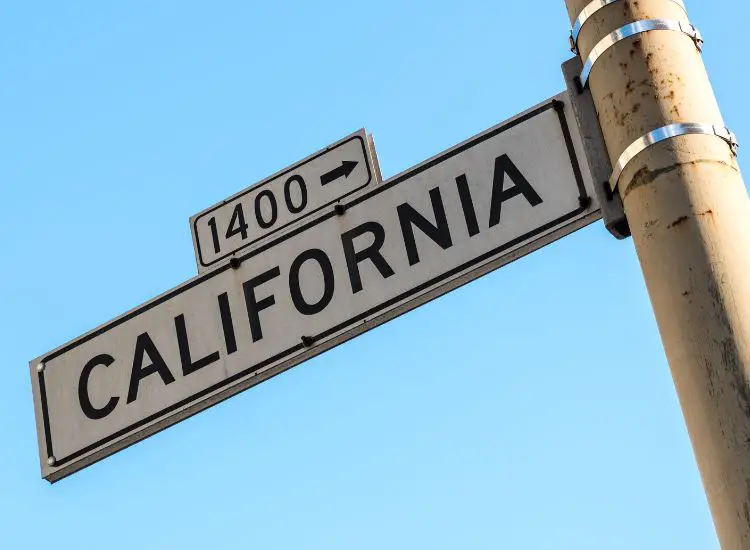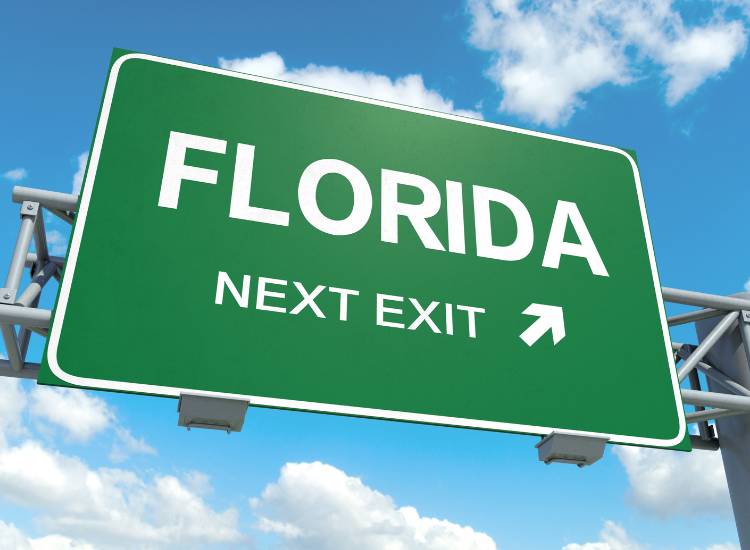How to Get a Pressure Washing License in Delaware
Starting a pressure washing business in Delaware is a smart decision. But before you begin building a list of clients, you’ll need to gather the right documentation.
Delaware does not have a specific pressure washing license, but you will need to get a business license to operate legally.

To obtain a license, register your business with the Delaware Secretary of State and apply for an Employer Identification Number (EIN) with the IRS.
Delaware Business License
It’s important to research the specific requirements in your area as they can vary depending on the county or city you’ll be operating in. Make sure to have all necessary paperwork, such as your business name registration and tax identification number, readily available.
When obtaining your business license, you may also need to comply with environmental regulations. For pressure washing businesses, this could involve proper wastewater disposal or using eco-friendly cleaning chemicals as mandated by local and state regulations.
Be sure to research these requirements in your specific area and implement measures accordingly. Once you’ve completed all the necessary steps to obtain your Delaware business license, your pressure washing business is one step closer to being legally operational.
Training & Insurance
Before obtaining a pressure washing license in Delaware, you should also consider investing in training. Many professional organizations offer courses tailored to help you gain the necessary skills and knowledge.
This will not only make your business more efficient but also ensure customer satisfaction. In addition to training, don’t forget about insurance. For a pressure washing business, you’ll need general liability insurance to protect you and your clients in case of accidents or damages.
The amount of coverage required may vary depending on the size of your business and the services you offer. It’s important to consult with insurance providers to find the best policy for your needs.
Remember, staying up-to-date with industry practices and having proper insurance coverage will make your business more credible and reliable. While these factors don’t guarantee success, they can significantly increase your chances of building a thriving pressure washing business in Delaware.
Why You Need a Business License in Delaware
Obtaining a license not only ensures legality but also provides credibility to your customers. First off, having a business license in Delaware is a legal requirement for conducting any business.
This serves to regulate the industry and protect both clients and business owners. Without a license, you risk fines, penalties, and even closure of your business.
Secondly, a license can increase your company’s credibility. Clients will trust your services more, knowing you have met the state’s requirements. This can help you attract more customers, as well as foster a good reputation in the industry.
A license signifies professionalism and dedication to providing quality service. Remember that each state has its own licensing requirements. Make sure you familiarize yourself with the specific mandates for operating a pressure washing business in Delaware.
Check with your local chamber of commerce and state business licensing agencies to find out more about the necessary paperwork, fees, and processes.
How to Apply for a Business License in Delaware
Firstly, choose a business structure, such as sole proprietorship, partnership, LLC, or corporation. This decision affects taxes and liability.
Next, register your business name with the Delaware Division of Corporations. You can visit their website for more information. After that, obtain an Employer Identification Number (EIN) from the IRS.
Now, apply for a Delaware business license through the Division of Revenue. Provide your personal information, business information, and trade or professional license, if applicable. Submit the application along with the required fees.
Stay on top of local zoning laws. They vary by municipality, so check with your local authorities to ensure your business complies
Additionally, acquire any other necessary permits. For example, if your pressure washing business uses chemicals, the Department of Natural Resources and Environmental Control may require a permit.
Frequently Asked Questions

How much does it cost to get a business license in Delaware?
The cost of obtaining a business license in Delaware varies depending on the type of business and location. For example, the state fee for general business license ranges between $50 to $300. Be sure to check with your local county and city for their specific fees and requirements.
How long does it take to get a business license in Delaware?
The processing time for a business license in Delaware may vary. Generally, it can take anywhere from a few days to a few weeks to get your license. Keep in mind that some licenses may require additional approvals from other departments, which could extend this timeframe.
How do I get a cleaning business license in Delaware?
To get a cleaning business license in Delaware, first register your business with the Delaware Division of Revenue. Then, apply for a business license by submitting the necessary application forms and fees. You may also be required to obtain local business licenses or permits depending on your location and the nature of your services.
Do I need a license to clean houses in Delaware?
In Delaware, you typically do need a business license to clean houses as part of a professional cleaning business. This generally includes registering your business with the state and obtaining a general business license. Make sure to verify any local licensing requirements in your specific city or county as well.
Where do I register my business name in Delaware?
To register your business name in Delaware, visit the Delaware Division of Corporations website. Here, you can search for name availability and file the appropriate registration documents. Remember to also consider any additional local requirements within your city and county.







